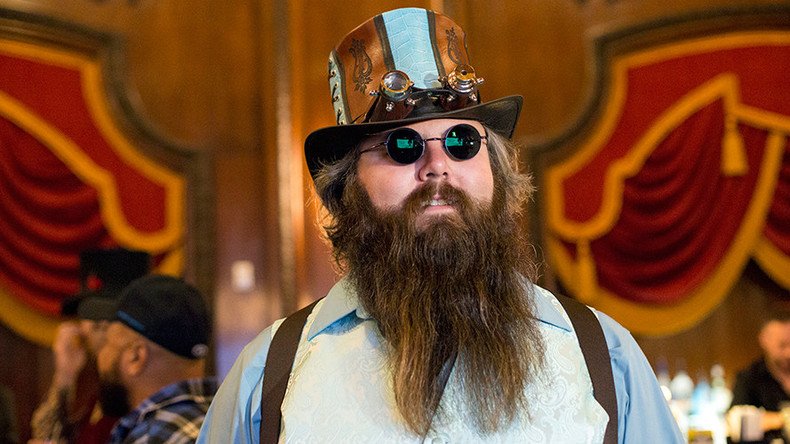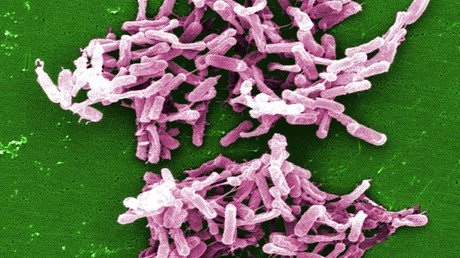Beards host less antibiotic-resistant bacteria than shaven face – study

Bearded men are less likely to harbor infection-causing and antibiotic-resistant bacteria than their clean-shaven counterparts, a new scientific study has revealed after swabbing the faces of over 400 hospital workers for various pathogens.
The study, published in the Journal of Hospital Infection, examined the faces of 408 healthcare professional with and without facial hair, to reveal that not having a beard actually increased your chances threefold of having Methicillin-resistant Staphylococcus aureus (MRSA) on their cheeks than men with beards.
MRSA is a bacteria that causes mild infections on the skin, like sores or boils, and is resistant to most antibiotics. In severe cases MRSA can lead to life-threatening bloodstream infections, pneumonia and surgical site infections.
The bacteria is spread by contact either by touching another person who has it on the skin or by touching objects that have the bacteria on them. Luckily for mankind MRSA is carried only by about 2 percent of the population.
The study, titled “Bacterial ecology of hospital workers' facial hair: a cross-sectional study,” which was conducted in Boston's Brigham and Women’s Hospital also found that clean-shaven men were 10 per cent more likely to have the common bacterium Staphylococcus aureus, which often causes skin and respiratory infections, as well as food poisoning.
Scientists suggest that micro-abrasions caused by shaving could be responsible for the difference between of the amount of bacteria present in clean-shaven men and those with facial hair, as tiny cuts in the skin “may support bacterial colonization and proliferation.”
Meanwhile in a separate study, conducted for the BBC’s ‘Trust Me I'm a Doctor’, British scientist Dr. Adam Roberts from University College London was able to locate more than 100 different bacteria from beard swab samples and isolate a microbe called Staphylococcus epidermidis, which kills other bacteria that could help develop new antibiotics.
“When you get a competitive environment like a beard where there are many different bacteria, they fight for food resources and space, so they produce things like antibiotics,” he said, according to the Daily Mail.
Dr. Roberts even successfully tested it against a form of E. coli that causes urinary tract infections. His study is seen as a breakthrough as no new antibiotics have been released onto the market for the past 30 years. Antibiotic-resistant infections kill at least 700,000 people a year, and projected to rise to 10 million by 2050.














